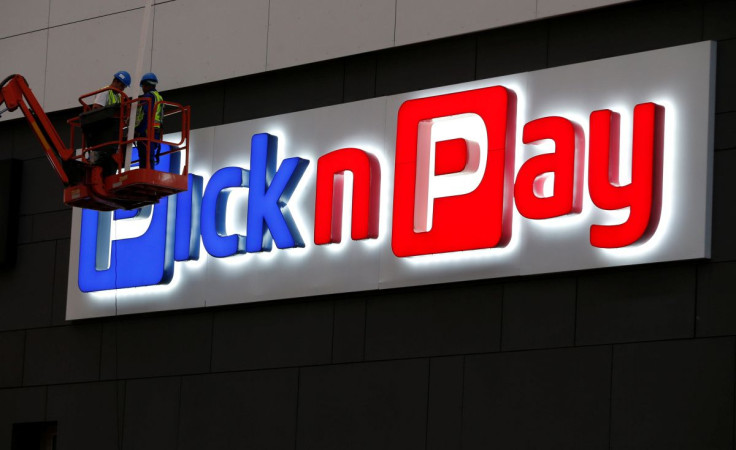Pick n Pay's Gareth Ackerman Slams Government For Economic Problems, Supporting Russia
Gareth Ackerman, who serves as the chairman of Pick n Pay--one of the largest retail chains in South Africa--has slammed the government for economic problems, social unrest and supporting Russia.
During an investor presentation on Thursday, the chairman said the government was busy blaming the retailers for the inflation in the country, rather than focusing on finding solutions.
"Faced with the reality of structural economic decline, the only meaningful government action seems to be inaction, and to place blame on those trying to help solve the problems," Ackerman said, Mail and Guardian reported.
Ackerman said he feels the entire "food industry is under existential threat," adding that the "probability of social unrest relating to food shortages and possible store closures if blackouts get too high, is now heightened."
He noted it was "unacceptable" in a country already suffering from "troubling levels" of poverty and hunger, News 24 reported.
Ackerman also pointed out that it doesn't make any sense that South Africa is supporting Russia and not considering maintaining a relationship with Western Europe and the United States.
He explained that in recent months, the company has spent around R60 million per month on diesel, noting it is an extraordinary challenge to manage a business on this basis.
"Shockingly, 37% of the cost of each liter of diesel we have bought – over half a billion rand's worth – has gone into government coffers and the [Road Accident Fund] as a windfall tax," he explained. "This is unconscionable, particularly when rolled up across the economy and the hardship the blackouts are causing."
The chairperson claimed without this unnecessary cost, the company would have provided better results, adding the retailers had pleaded to the government for a diesel tax rebate, but it had fallen on "deaf ears."
The Pick n Pay chairperson also talked about South Africa's ongoing load shedding, calling them "blackouts."
"We have worked hard on an energy resilience plan, and I am pleased with the progress the Group has made. But no company can absorb these costs indefinitely, given the scale of the investment needed to keep the power on and stores open."
He said the company will make an effort to reduce energy consumption by investing in energy-efficient LED lighting and installing equipment that will switch off automatically during load-shedding.
The company also plans to install in-store batteries, so that the supermarkets remain operational even during the blackouts.
"In the process of trialing such solutions in a number of supermarkets and will critically assess the return on investment on these initiatives," he said.

© Copyright 2026 IBTimes ZA. All rights reserved.





















